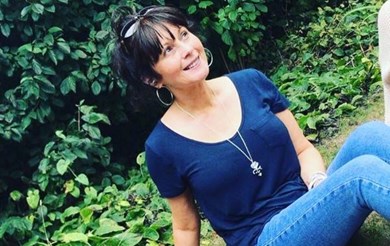Caring for someone with a brain injury
This section is for the carers and family members of people with a brain injury. If you are caring for someone with a brain injury, or have a relative being treated in hospital, then the information should help you to meet the challenges ahead and find the support you need.
Brain injury doesn't just affect individuals; it can transform the lives of entire families. Depending upon the severity of your relative's injury and its effects, you may have to make considerable changes to the way you live, such as becoming a part-time or full-time carer.
Headway's booklet Caring for someone with a brain injury (PDF) provides extensive information for carers plus an overview of brain injury, useful illustrations and case studies that bring the information to life. Brain injury survivors and carers can receive free copies of appropriate booklets from the Headway helpline.
Carer support groups
Often the best source of support is other carers in a similar situation to yourself. Find out more about what's available here.
Find out moreFamily reaction to a brain injury
We examine the difficult stages have to be passed through from the initial shock of the news of an injury, to eventual acceptance that things may now be very different from how they used to be.
Find out moreCarers: Try these 4 ways to care for yourself
In order to be an effective carer, it's very important to make time for yourself. Here are our four tips to help you do this.
Find out moreSupporting people to make decisions
This page gives information on how to help people make their own decisions after brain injury, and how to act on their behalf if they are unable to do so.
Find out moreLyndsey Anderson
"Alex would tell me he didn’t recognise me and didn’t know if he was dreaming or not."
Find out moreHow to help someone with a brain injury: Top tips for friends and family
There are simple ways in which you can help to ensure that your friend or loved one does not feel alone after brain injury. Here we offer some tips on how to best support someone after brain injury.
Find out more









